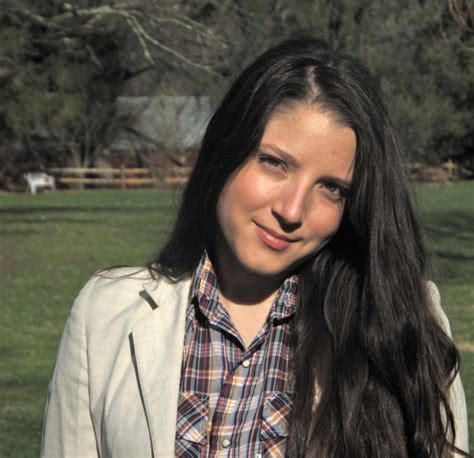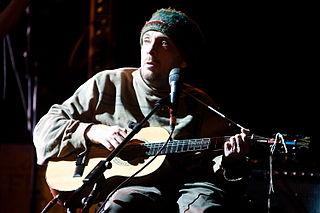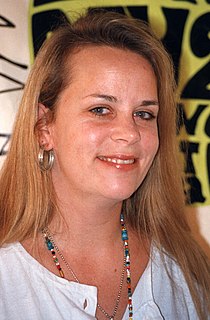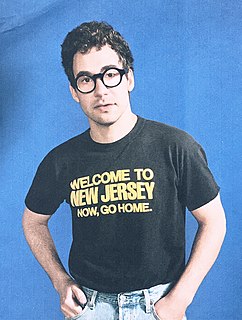A Quote by Koren Zailckas
I don't know where the idea originated that memoir writing is cathartic. For me, it's always felt like playing my own neurosurgeon, sans anesthesia. As a memoirist, you have to crack your head open and examine every uncomfortable thing in there.
Related Quotes
I'd written Smashed not because I was ambitious and not because writing down my feelings was cathartic (it felt more like playing one's own neurosurgeon sans anesthesia). No. I'd made a habit--and eventually a profession--of memoir because I hail from one of those families where shows of emotions are discouraged.
In terms of style, I think the memoirist should have a novelist's skill and all the elements of a novelist's toolbox. When I read a memoir, I want to really, deeply experience what the author experienced. I want to see the characters and hear the way they speak and understand how they think. And so in that way, writing a memoir feels similar to writing a novel.
Next to the young, I suppose the very old are the most selfish. Alas, the heart hardens as the blood ceases to run. The cold snow strikes down from the head, and checks the glow of feeling. Who wants to survive into old age after abdicating all his faculties one by one, and be sans teeth, sans eyes, sans memory, sans hope, sans sympathy?
I feel like there's a voice in my head, always, telling me every idea is brilliant, and another telling me every idea is the worst. And they argue in my head until somebody wins, until I solicit an audience to be, like, 'Will you help me figure this out? Is this the best or the worst idea?' And they tell me!
A good writer can simulate a page torn out of somebody's diary, and give you every little voyeuristic thrill you might get from that, but actually tell you a broader story. I think it's a noble idea that it's cathartic to open a vein for everybody to see, but ultimately, you're just getting blood everywhere and making a mess. I like the idea that there are deeper and more meaningful things to talk about than your own misery. But at the same time, there's something really interesting about skirting that line and making it seem like you're doing that.
You moved my head so that it was lying in your lap. "Keep your eyes open," you said. "Stay with me." I tried. It felt like I was using every muscle in my face. But I did it. I saw you from upside down, your lips above my eyes and your eyes above my lips. "Talk to me," you said. My throat felt like it was closing up, as if my skin had swollen, making my throat a lump of solid flesh. I gripped your hand. "Keep watching me, then," you said. "Keep listening.
Going from memoir to fiction was fantastic. I had been afraid to move away from memoir; I'd written some novel drafts, but they weren't well received by my agent at the time, and it had been drilled into me that "memoir outsells fiction two to one" (not sure if that's true anymore, or if it ever was), so I felt like the only smart thing to do, professionally, was to keep mining my life for painful moments to recapitulate.



































